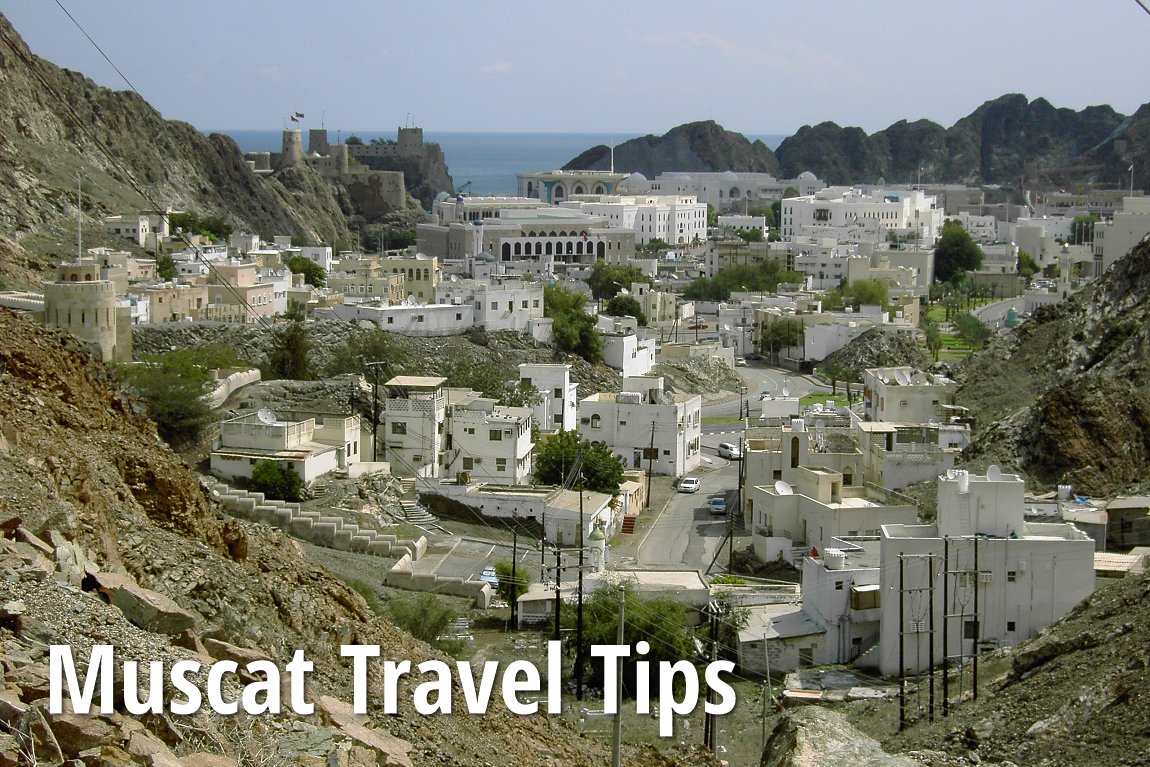 Muscat
MuscatSource: https://commons.wikimedia.org/wiki/File:Old_Masqat.jpg
Author: Imbâbah22

Author: Imbâbah22

Muscat (Arabic: مسقط) is the capital and largest city in Oman. Located on the northeast coast of the country, Muscat has a metropolitan area of 3,500 sq km (1,400 sq mi) and a metropolitan population of 735,000 people (2012 estimate).
As with many of the cities in the Middle East, Muscat traces its history back to antiquity. Evidence of the earliest human presence in the area goes back to the 6th millennium BC. Pottery remnants discovered here indicate that there may have been contact with the Indus Valley Civilization of present-day Pakistan and northwestern India.
During the Age of Discovery, Muscat was conquered by the Portuguese under Afonso de Albuquerque. The Portuguese held on to Muscat until 1650, when they were ousted by troops of Nasir bin Murshid al-Yaribi, the Imam of Oman. In the 18th century, a period of political instability and civil war enabled the Al Bu Sa'id family to assume control of Oman, and has ruled the country since.
As with cities in neighboring UAE, Muscat has seen rapid modernization in the past decade, though its development pales in comparison to that of Dubai, Abu Dhabi and Doha.
Visiting Muscat
Muscat is the home base for Oman Air.Places of Interest in Muscat
- Al Jalali fort
- Al Mirani Fort
- Bait az-Zubair Museum
- Corniche Area
- Qasr Al Alam Royal Palace
- Qurum National Park
- Riyam Park
- Sultan Qaboos Grand Mosque
- Wadi Shab
 Latest updates on Penang Travel Tips
Latest updates on Penang Travel Tips
 Map of Roads in Penang
Map of Roads in Penang
Looking for information on Penang? Use this Map of Roads in Penang to zoom in on information about Penang, brought to you road by road.
Copyright © 2003-2025 Timothy Tye. All Rights Reserved.

 Go Back
Go Back